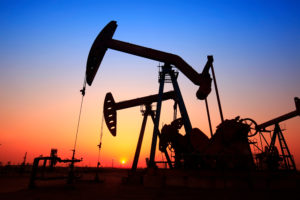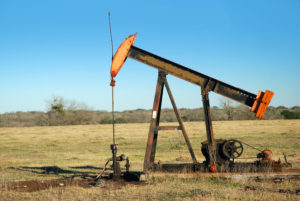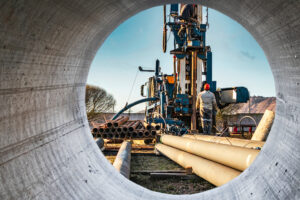
Even though there is an increased focus on developing a greener and more sustainable economy oil wells around the world still hold importance. Oil production is still a valuable commodity that creates fortunes. On the most recent figures available, the United States returned to its number one position as the top producer.
The Top 5 Oil Wells Around the World
Ultimately the future of oil and gas will change with the improvement of extraction technology and old oil wells becoming dry. Check out below the top five oil wells around the world, with the exception of biofuel production and natural gas.
#5. China – 5 million barrels a day
China’s booming economy, and gigantic population, helped them to increase oil production over the last fifty years. Even though they harvest 5% of the oil in the world, they end up consuming more than what they produce and are forced to import the remainder. It is estimated that China will be able to produce more oil in the future due to the addition of hydraulic fracturing and other technological advances.
#4. Canada – 5.5 million barrels a day
Canada generates 6% of global output, with an average of 5.5 million barrels a day generated. Its output should grow from its oil sands production, which could lead to an estimated 6.9 million barrels a day of production by 2050.
#3. Russia – 10.8 million barrels a day
Russia produces 11% of the energy in the world. Since Russia is so large, it still hasn’t tapped into all of its reserves. The reserves probably contain around 100 billion barrels, with the inclusion of Arctic oil.

#2. Saudi Arabia – 10.8 million barrels a day
It is no surprise that Saudi Arabia is one of the world’s top oil producers by manufacturing approximately 11% of oil each day. However, its reign at the top may be coming to an end, as it is behind the US when considering the inclusion of energy produced with biofuels and natural gas.
#1. United States – 18.9 million barrels a day
The United States currently produces about 20% of the earth’s oil. The U.S. produces 18.9 barrels a day of top petroleum liquids. It is also the top producer of crude oil and lease condensate. Although the US is ranked number one in the world, we still must import oil from Canada, Mexico, and other sources. This is due to the fact that our energy consumption exceeds production.
Contact MSI for Pipe Protection Technologies
Slowly our reliance on fossil fuels is being replaced by solar, wind, and other renewable forms of energy. However, not everything is replaceable with alternative sources of energy. There will be a gradual decrease in oil production as older wells dry up, but that may be offset by new sites developed and improved methods of extraction.
MSI is the go-to supplier for pipe protection technologies. Connect with us today at 1-877-276-9208 to learn more about our available products.




